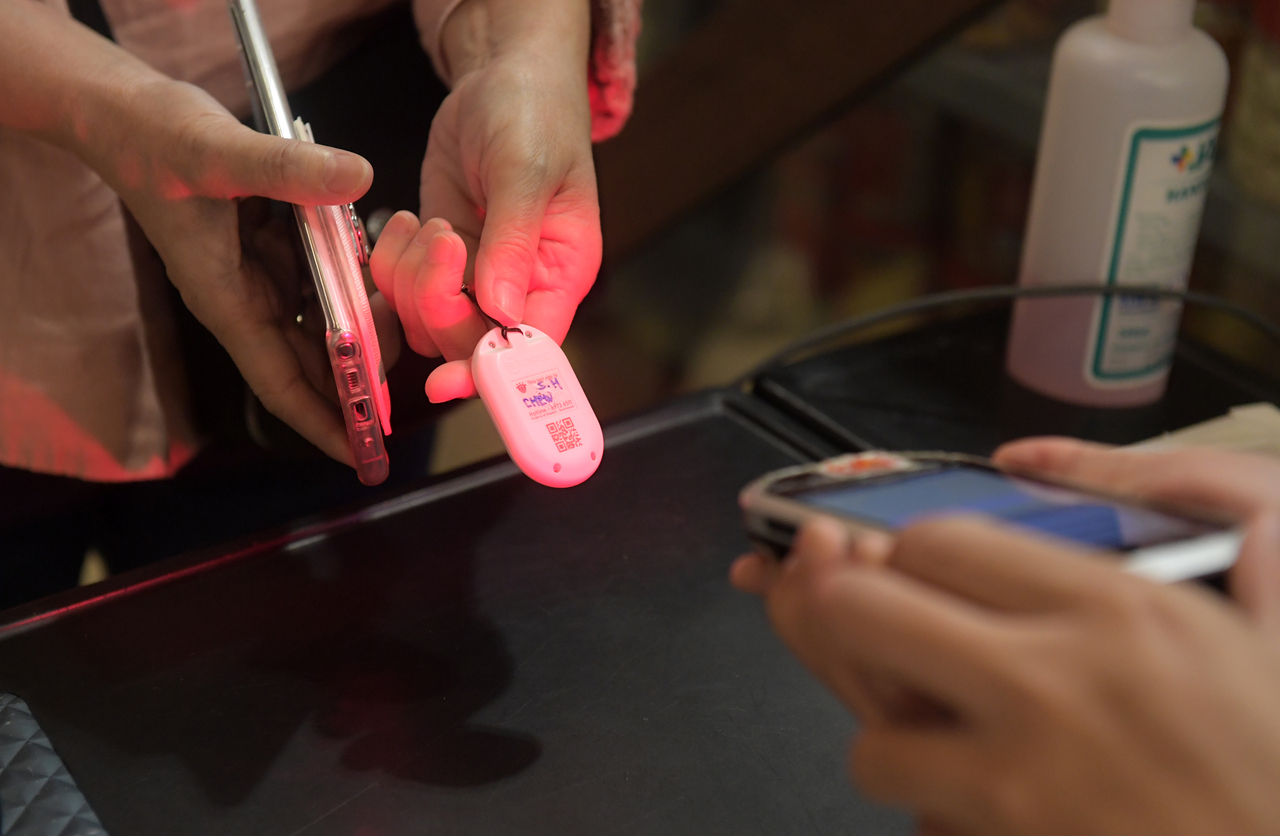Law to formalise assurances on use of TraceTogether data
It can be used in only seven types of serious crimes including murder, terrorism and rape
Sign up now: Get ST's newsletters delivered to your inbox

The TraceTogether app and tokens exchange Bluetooth signals in an encrypted and randomised form with nearby users.
ST PHOTO: ALPHONSUS CHERN
A law will be passed to formalise assurances made earlier that data from the Covid-19 TraceTogether contact tracing programme, if needed for criminal investigations, can be used to look into only serious offences including murder, terrorism and rape.
The legislation will be introduced in the next sitting of Parliament next month on a Certificate of Urgency, said the Smart Nation and Digital Government Office (SNDGO) yesterday. This means that the proposed law is urgent enough to be put through all three readings in one parliamentary sitting, instead of separate sessions.
SNDGO said the legislation will specify that personal data collected through digital contact tracing solutions, which comprise the TraceTogether and SafeEntry programmes, can be used only for contact tracing.
However, there is an exception - when there is a "clear and pressing" need to use that data for criminal investigations into seven categories of serious offences.
"It is not in the public interest to completely deny the police access to such data, when the safety of the public or the proper conduct of justice is at stake," the statement said.
"If a serious criminal offence has been committed, the police must be able to use this data to bring the perpetrators to justice, seek redress for the victims and protect society at large."
SNDGO also said: "We acknowledge our error in not stating that data from TraceTogether is not exempt from the Criminal Procedure Code (CPC)."
Earlier last year, the Government had said that TraceTogether data would be used only for contact tracing in Singapore's fight against the pandemic. More than 4.2 million people, or about 78 per cent of residents here, have downloaded the TraceTogether app or collected the tokens.
The app and tokens exchange Bluetooth signals in an encrypted and randomised form with nearby users to quickly track people exposed to confirmed Covid-19 cases. The data, when unencrypted, is linked to a person's phone number and other identification details.
The controversy flared up on Monday when Minister of State for Home Affairs Desmond Tan told Parliament that TraceTogether data could be accessed for criminal investigations under the CPC.
This prompted public criticism over whether this was an about-turn in the use of data collected.
On Tuesday, Foreign Minister Vivian Balakrishnan, who oversees the Smart Nation drive, and Home Affairs and Law Minister K. Shanmugam told Parliament that the data collected will be used with utmost restraint.
Meanwhile, there were calls by some online for others to stop using or return their TraceTogether app or tokens, citing concerns that the Government had backtracked on earlier assurances.
SNDGO's statement yesterday said: "We value the trust that the public has placed in the TraceTogether programme, and feedback from members of the public."
It added that Dr Balakrishnan and Mr Shanmugam held a public consultation yesterday with members of the media, the legal fraternity, technology experts and academics to hear their views.
Lawyer Stefanie Yuen Thio told The Straits Times that the Government was open about admitting that its original information was not completely accurate, and added: "I hope that we can, as a nation, now go back to focusing on the pressing issue of fighting the pandemic."
• Additional reporting by Tham Yuen-C


